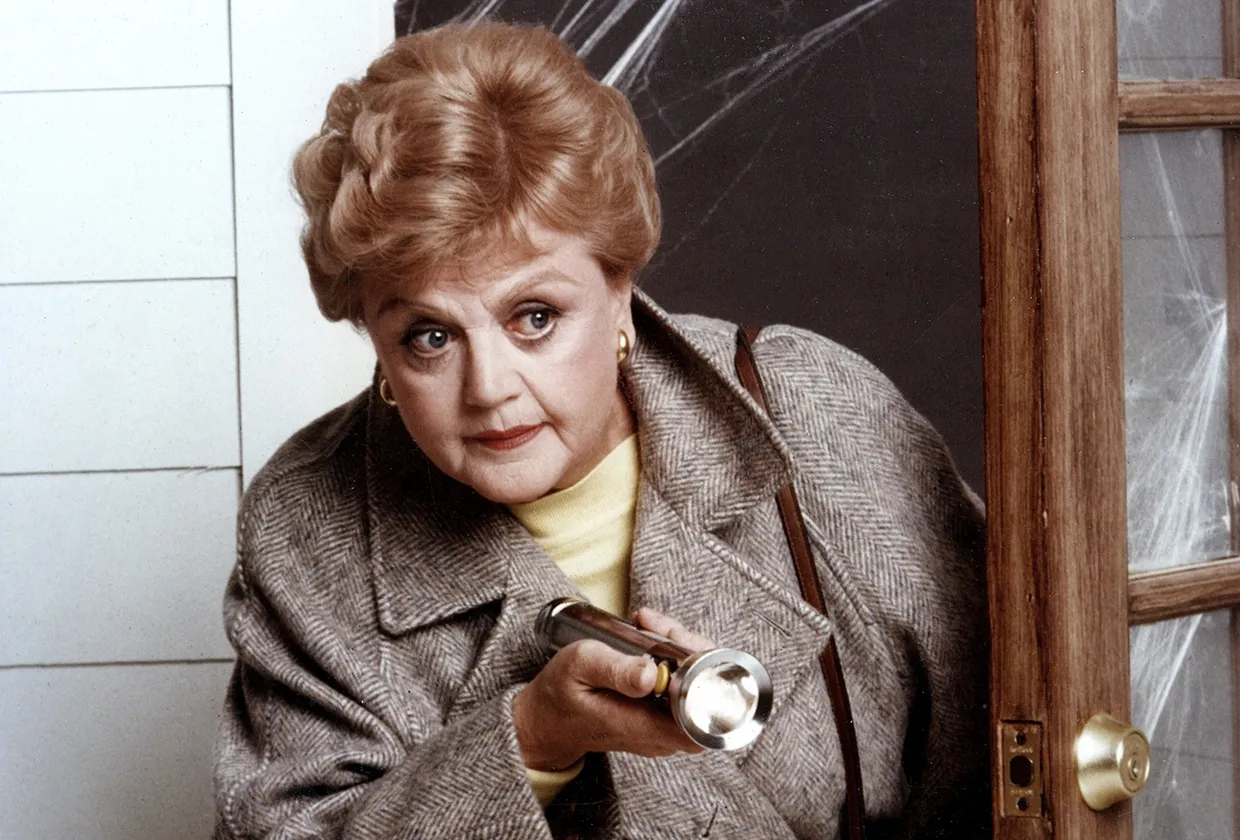news
JAMES KIRKWOOD: mythical…but maybe not murderer
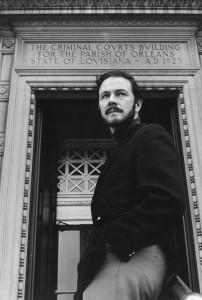
The story of James Kirkwood demonstrates how easily and inexplicably the acclaimed can fall off the critical radar.
In 1975, he had two shows playing on Broadway, while his latest novel Good Times/Bad Times saw reviewers comparing him to Saul Bellow and Joseph Heller. One of those shows –
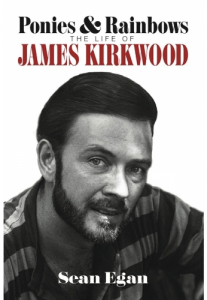
Writing Ponies & Rainbows, a full-length biography of Kirkwood, unearthed a life that remarkably lived up to that mythic status. Born in Los Angeles in 1924, Kirkwood was the son of silent movie stars who went from millionaire status to flat broke before he was in his teens. When he was twelve, he stumbled upon the dead body of Reid Russell, his divorced mother’s fiancé. He endured kamikaze attacks when serving in the Coast Guard during World War II. Following the end of hostilities, he didn’t opt to merely continue the acting career he had begun before enlisting but also decided to try his hand at comedy. He and Lee Goodman (later the face of Checkerboard Square) were a very successful stand-up pairing around New York and other metropolises in the boom era of nightclubs in the 1950s. Meanwhile, he furthered his thespian career in pioneering TV soap opera Valiant Lady. He was the only mainstay in that CBS show’s four-year life.
It was when Kirkwood relocated to California following Valiant Lady’s demise in 1957 that his writing career proper began. Contrary to a fairytale he span, though, it was not as a result of a Damascene conversion brought about by a frustrating period of unemployment. He may indeed have been finding roles hard to find and this was itself surprising considering his matinée idol looks, but he had been toying with short stories, plays and screenplays for several years before enrolling at the UCLA writing class where tutor Robert Kirsch was bowled over by the early pages of what became his debut novel There Must Be A Pony! This book was based on the circumstances surrounding his discovery of Reid Russell’s body, which incident engulfed Kirkwood and his family in a storm of bad publicity that effectively destroyed the already faltering acting career of his mother Lila Lee.
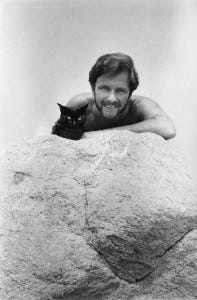
Kirkwood’s best friend was Midnight Cowboy author James Leo Herlihy, with whom he collaborated on the scabrous 1966 play UTBU. Though it (briefly) made it to Broadway, Herlihy insisted his name be removed from the show’s credits before it did. Another of Kirkwood’s friends was Clay Shaw, the only man put on trial for the assassination of John F. Kennedy. Kirkwood wrote an impassioned book about the case — American Grotesque — which critics of Oliver Stone consider a useful counterbalance to JFK.
Though Kirkwood was heavily involved with ballerina Muriel Bentley among other women as a young man, by his forties he was exclusively gay. His public stance on homosexuality was confused to say the least. He frequently exhibited terror at the prospect of being outed but at the same time insisted on planting clues to his sexuality in his work via gay supporting characters.
Curiously, A Chorus Line may have been the worst thing to ever happen to Kirkwood professionally. Though being invited aboard the creative team of what transpired to be the biggest stage phenomenon in history made him a millionaire, it also caused him to become distracted from novel-writing as Hollywood and the theatre world came a-calling with offers this always ambitious man could not turn down. The last fourteen years of Kirkwood’s career were littered with high-paying but unproduced Hollywood screenplays and stage projects that never reached fruition. Revisions of his previous works were another way he wasted time in preference to finishing a novel about his father that was his intended magnum opus. Recreational drug use did not help either.
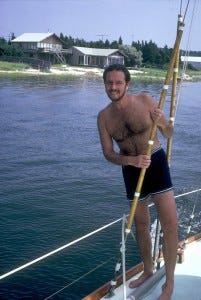
All of these verified facts make for a fascinating story. On top of that is conjecture from insiders that is even more intriguing. Both Jim Piazza, a former lover, and literature professor William Russo (Kirkwood’s self-proclaimed Boswell) raise doubts about the official verdict of suicide on Reid Russell. The former points to Kirkwood’s propensity for violence and the latter inconsistencies in his accounts — factual and fictional — of finding the body. It’s a halfway plausible theory, although it should be pointed out that Kirkwood was in many senses the most unlikely of murderers. I interviewed more than sixty of his friends, relatives, lovers, colleagues and associates, among them Vasili Bogazianos, Ahmet Ertegun, Larry Kramer, Arthur Laurents, Donna McKechnie, Terrence McNally, Liz Smith and Elaine Stritch. Even allowing for the human instinct to be indulgent of the deceased, rarely can a biographer have encountered so many people willing to testify to a subject’s preternatural warmth and charm.
Myth-worthy he may have turned out to be, but the process of writing a book inevitably denudes a hero. Kirkwood had his good, bad and ugly sides, while faults in his oeuvre are more readily apparent upon a cold-eyed, professionally related re-reading. What is left following his 1989 death is a corpus that is small (five novels, four plays, one musical, two non-fiction works) and mixed. Yet it is unique in its combination of bubbliness and gravitas. Moreover, its greatest component is aesthetically immortal. P.S. Your Cat is Dead! (1972) — a hilarious, profane, gritty tale of a man who first ties up and then makes friends with a low-life who has come to burgle his apartment — is for this reader one of the greatest novels of the twentieth century.
Ponies & Rainbows: The Life of James Kirkwood

by Sean Eagen

***
— Londoner Sean Egan has contributed to, amongst others, Billboard, Book Collector, Classic Rock, Record Collector, Tennis World, Total Film, Uncut and RollingStone.com. He has written or edited seventeen books, including works on The Beatles, Jimi Hendrix, The Rolling Stones, TV series Coronation Street and soccer team Manchester United. His critically acclaimed novel Sick of Being Me was published in 2003, while his 2008 collection of short stories Don’t Mess with the Best carried cover endorsements from Stanley Middleton and David Storey, former winners of the UK’s foremost literary award the Booker Prize.
PHOTO CREDITS: Arthur Beckenstein







